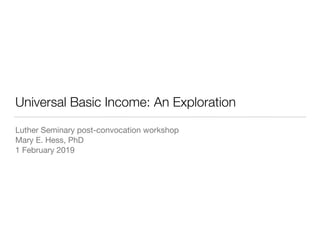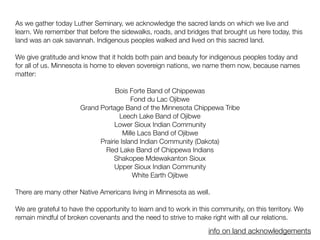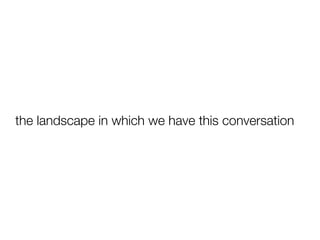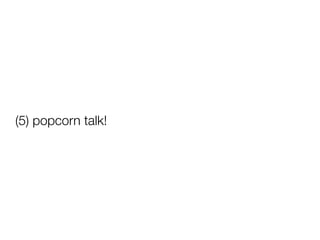This document provides an outline for a workshop exploring universal basic income. The workshop will begin with land acknowledgements and introductions. Participants will establish agreements for respectful discussion and review basic definitions of UBI and related concepts. Two videos on inequality and exploring UBI will be shown, followed by a story circle where participants can discuss their views. The workshop aims to discuss how theology can help or complicate issues around UBI and will conclude by considering next steps.





































